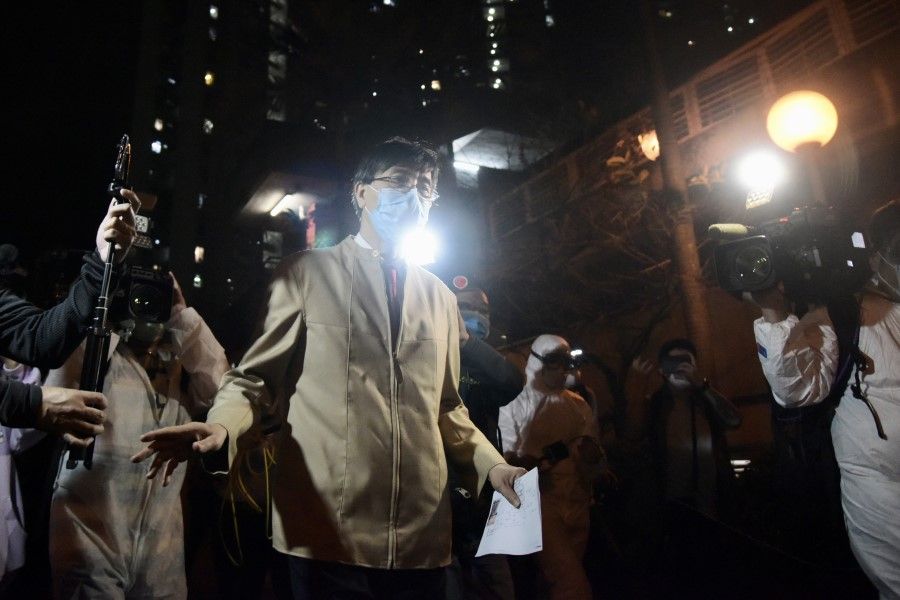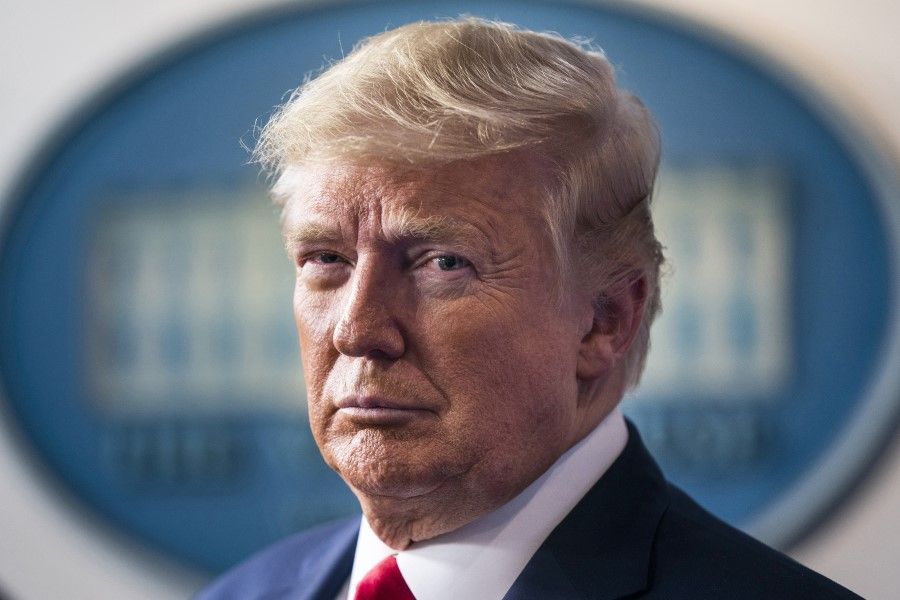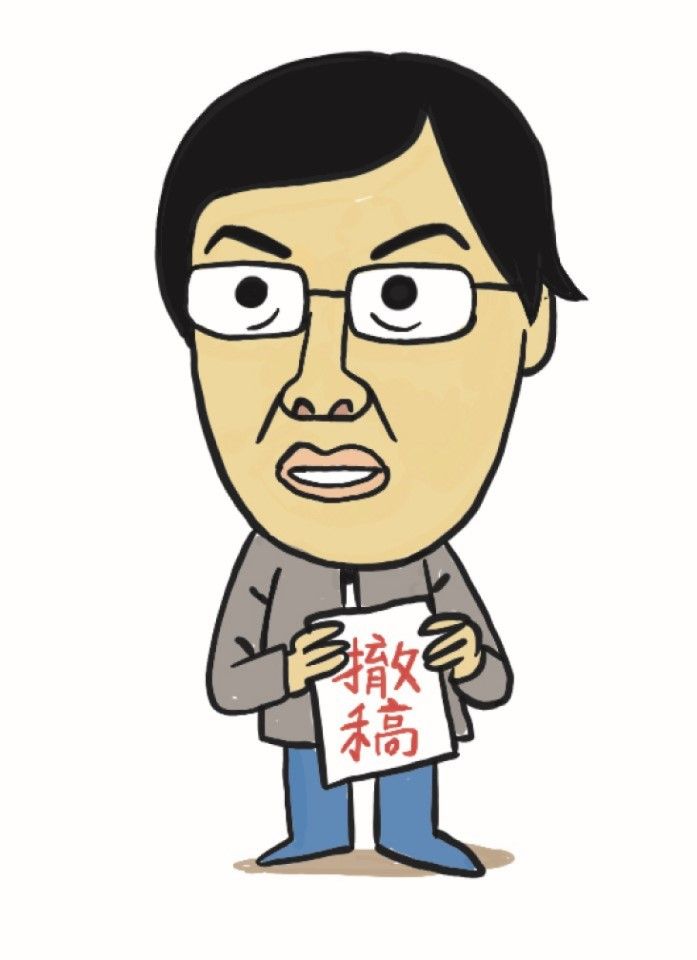Irate Chinese netizens lash out at Hong Kong SARS hero Yuen Kwok-yung

Respected Hong Kong University (HKU) microbiologist Yuen Kwok-yung has become a controversial figure recently. Prof Yuen was prominent during the 2003 SARS epidemic, but the internet community in mainland China has recently called him a pro-Taiwan independence advocate, a "troublemaking cockroach", and a traitor - all because of a commentary he co-wrote with his colleague David Christopher Lung, titled "The Pandemic that Started in Wuhan and Hard-Learned Lessons of 17 Years Thrown to the Wind", which appeared in Ming Pao on 18 March.
The commentary was said to be wrong on four counts. One, calling Taiwan the "Republic of China" (中华民国). Two, saying that there was nothing wrong with calling the novel coronavirus "Wuhan coronavirus" since it was simple and direct. Three, not mincing words in saying that the online rumour of Covid-19 originating in the US was "unsubstantiated and self-delusional", and expressing the hope that people would stop spreading it, in order "not to be a laughingstock". Four, asserting that the outbreak of the coronavirus was due to the "low culture" and "bad habits" of the Chinese people, and criticising the mainland Chinese authorities for not shutting down wildlife markets after SARS. The commentary also noted that the people were still excessively killing and eating wildlife, adding that SARS 3.0 would surely reappear in about ten years if this went on.
If the first count was a low-level political error, the other three counts are directly related to the recent diplomatic row between China and the US when US President Donald Trump referred publicly to the "Chinese virus".

With the coronavirus sweeping the globe and causing damage to economies and human lives, will comments and sentiments be focused on assigning blame? Beijing and Washington are fighting for the right to tell the story of this outbreak. Washington keeps reminding the international community that it was China's officials who covered up the initial outbreak, resulting in the subsequent pandemic. No doubt some feel this is a distraction from the US's efforts against the outbreak. On China's part, on the one hand, it responds strongly to any "mudslinging", including foreign ministry spokesperson Zhao Lijian claiming that US troops brought the virus to Wuhan; on the other hand, it focuses on playing up the successful efforts of the party and country in bringing the epidemic under control.
"Maybe no one loves the country more than I do." - Yuen Kwok-yung
But the commentary by Yuen and Lung obviously did not sit well with Beijing. After it was published, the writers - likely under enormous pressure - first wrote to Ming Pao requesting to change "Republic of China" to "Taiwan", which probably did not solve the problem. On Thursday 19 March, they published a statement retracting their commentary, stressing that they were only after scientific truth and did not understand politics, and had no intention of getting involved in politics.
In an interview on Shenzhen TV on 18 March, Yuen also subtly responded to the criticisms from defenders of the Chinese Communist Party (CCP): "Maybe no one loves the country more than I do." He reiterated that there were inadequacies in China's handling of the outbreak. "We need to admit it and not shy away from the truth. We need to face the truth, so that our country will be stronger and more prosperous."

However, amid China-US confrontation, the mainland China internet community is not buying it, and has called for the Chinese Academy of Engineering to revoke Yuan's membership and end all cooperation with him in related fields.
Some from the democracy camp in Hong Kong have described Yuen's retraction of his commentary as yet another setback for academic freedom.
In 2003, Yuen led global academics in confirming that SARS was caused by a coronavirus, which was crucial in turning the tide of the epidemic, and was seen in Hong Kong as a hero against the epidemic. In 2004, the Hong Kong government awarded him the Silver Bauhinia Star, and he was put in charge of the first State Key Laboratory outside of mainland China when it was established in HKU in 2005. When Covid-19 broke out, he was on the expert panel of China's National Health Commission, and visited Wuhan with epidemiologist Zhong Nanshan, when human-to-human transmission of the virus was confirmed.
Some from the democracy camp in Hong Kong have described Yuen's retraction of his commentary as yet another setback for academic freedom. But the commentary in Ta Kung Pao (NB: widely seen as a pro-Beijing, state-owned newspaper) on 19 March focused its criticism on the co-writer Lung. It said Lung was previously a member of "Doctors for Universal Suffrage" (真普选医生联盟) and one of the "yellow ribbons". Without naming Yuen, the article described him as a "so-called authoritative academic who tries to please everyone". Whether Yuen will be boycotted by Beijing and fall from grace remains to be seen.
